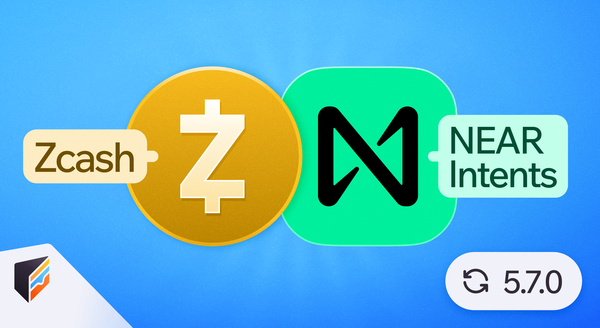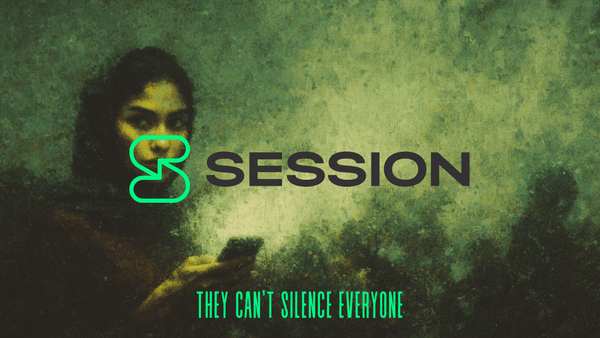AI Will Hire You on Merit Alone
In the future, AI agents will transform hiring, eliminating the need for diversity initiatives by making pure merit the only criterion.

Philip Gjørup is the Co-founder of Nord Comms, a PR agency focused on bringing decentralized and open source technology to mainstream audiences.
The era of the AI agent, capable of carrying out tasks independent of human intervention, is edging ever closer. Rowan Cheung, the founder of the world's most read daily AI newsletter The Rundown AI recently claimed that the arrival of China’s Manus AI agent represents China's second DeepSeek moment . The platform is capable of turning thoughts into actions and has already outperformed OpenAI's Deep Research, considered the smartest AI on the planet.
To illustrate the platform’s capability, the team behind Manus AI recently explained how a Tesla drove one of its employees to his coffee meeting, with AI prepping him on the meeting’s key talking points via the car’s touchscreen. But Manus isn’t the only company pushing the limits of AI. Other companies such as Anthropic are also likely to be working on releasing agents with similar capabilities sooner than we think.
These agents are not only incredibly sophisticated; they also have the potential to be enormously lucrative. A recent report from the tech publication The Information claims OpenAI investors have been told the company plans to charge as much as $20,000 per month for high-end PhD-level research agents, with lower tier agents priced between $2,000 and $10,000 per month.AI agents could prove to be a transformative technology, not least in the field of recruitment. In November last year I predicted that AI would be used for job interviews within a year. With the introduction of Manus, together with a plethora of high- level agents that have come to market in recent weeks, that reality will arrive sooner than we think. When it does, it will mark a pronounced shift in the way that AI technology is used in the recruitment process. Manus AI, for instance, is already capable of screening resumes, and ranking candidates based on specific evaluation criteria.
To avoid being left behind, it is crucial that companies take advantage of this emerging capability and prepare to incorporate AI agents in the hiring process. Over time, AI agents will become increasingly accurate in matching the right candidate to the job, picking resumes that fit perfectly with the job description. Eventually, this will eliminate the term 'diversity hire' or DEI, as AI will simply find the best possible candidates, regardless of skin colour, background or religion.
Hiring Discrimination: What the Data Actually Shows
The current hiring process is deeply skewed by our subconscious bias. A recent study found that black-sounding names on resumes receive 50% fewer callbacks than white-sounding names, while Chinese, Pakistani, and Indian-sounding names receive 28% fewer callbacks. Furthermore, a staggering 96% of recruiters acknowledge the problem of unconscious bias in the recruitment process, with over a third classifying it as a significant issue.
The economic impact of these biases is substantial. Companies in the top quartile for gender diversity are 25% more likely to have good profitability, while those in the top quartile of ethnic and cultural diversity are 36% more likely to have good profitability. When job posts use gender-neutral words, they receive 42% more applicants, demonstrating how biased language can significantly limit the pool of candidates.
Taking a leaf out of the corporate playbook
Many leading organizations are already reaping the benefits of using AI in the recruitment process. Unilever, for example, has integrated AI-powered assessments and machine learning algorithms to analyze video interviews and assess skills such as problem-solving and resilience. This has led to a 50% increase in the satisfaction of hiring managers with candidate quality and a significant reduction in time-to-hire.
Similarly, Hilton Worldwide has leveraged AI-powered assessments to streamline hiring for entry-level positions, resulting in a 25% reduction in employee turnover and improved guest satisfaction scores. Goldman Sachs uses natural language processing algorithms to analyze resumes and identify the most qualified candidates, helping the firm to process over a million job applications annually.
Meanwhile, the likes of Google, HSBC, Deloitte, and BBC are already using blind hiring techniques powered by AI to improve diversity outcomes. Sophisticated algorithms and machine learning tools from companies like dream.jobs are being developed to analyze candidate data, ensuring the evaluation process is based on skills and experience rather than demographic information.
The consequences of Interview Bias
In fact, by choosing not to use AI agents in the hiring process, companies open themselves up to a litany of adverse consequences. These include hiring based on factors other than merit, which can result in a less diverse and skilled workforce. Similarly, qualified candidates who do not fit with a particular interviewer’s preconceived notions run the risk of being overlooked. Indeed, studies show 48% of HR managers admit that bias affects their candidate choice, with gender bias playing an outsized role. Close to one third of female applicants are reportedly less likely to receive callbacks. For job seekers, being on the receiving end of discriminatory attitudes can be a source of immense frustration.
Fortunately, a future in which AI agents help steer the recruitment process isn't just a theoretical possibility, it's already beginning to transform how companies identify and hire talent. As these technologies advance, we can expect AI systems to carry out more personalized assessments, and better learn, adapt and integrate with other HR technologies. As AI models continue to evolve, they may finally deliver what countless workplace initiatives have struggled to achieve: hiring decisions based purely on merit, free from the unconscious biases that have historically limited diversity and talent optimization.








